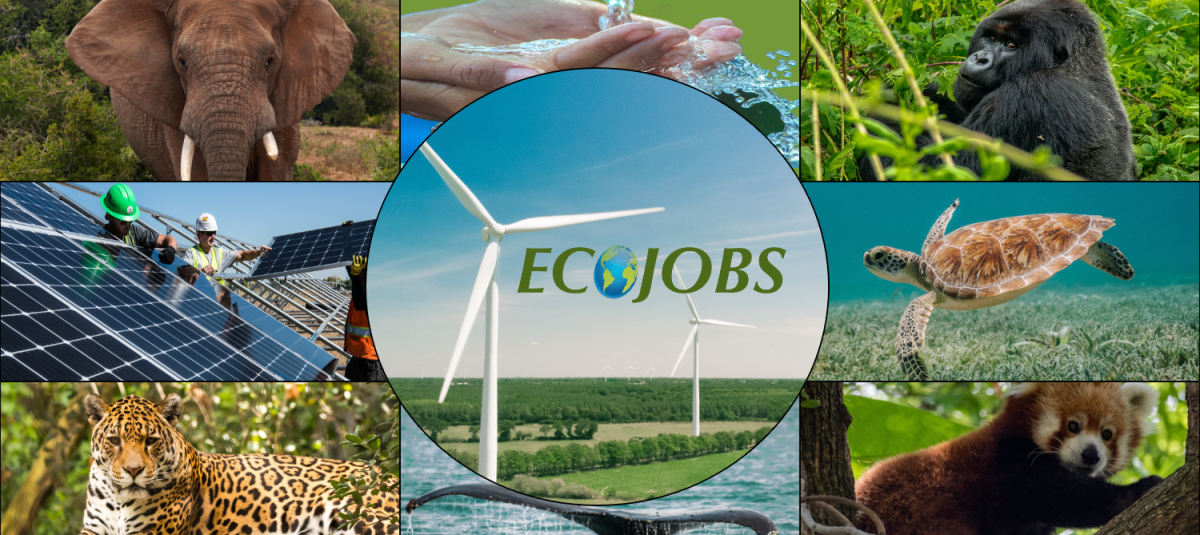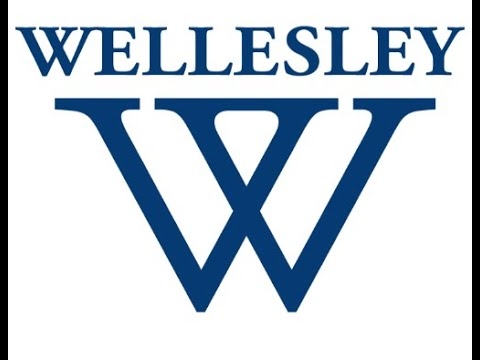STEM
Astronomy

What is astronomy? In the most basic definition, astronomy is the study of the sun, moon, stars, planets, comets, gas, galaxies, gas, dust and other non-Earthly bodies and phenomena. As you think about careers in astronomy or astrophysics, the profession is a relatively small community compared to other science career fields.
Barry M. Goldwater Scholarship (sophomores and juniors)

Supports one or two years of undergraduate study in the fields of mathematics, engineering, and natural sciences. Eligible are college sophomores or juniors who are US citizens, permanent residents, and nationals intending to pursue research careers in STEM fields. Campus application deadline typically in late November/early December.
Chemistry

Chemistry is the knowledge of the properties and behavior of atoms and molecules, and it is crucial to our understanding of medicine, biological systems, neuroscience, nanotechnology, environmental science and a myriad of other areas. Therefore, there are a wide range of career options for chemistry majors and minors!
Churchill Scholarships (seniors & graduates)

Supports one year of graduate study (including one-year research degrees) in science, mathematics, or engineering at Cambridge. Eligible: graduating seniors and recent graduates of Wellesley College who are US citizens with majors in appropriate STEM fields. Campus application deadline typically in early October.
Computer Science and Technology

If you are interested in using your technical knowledge, creativity, problem-solving, and critical thinking skills in your career of choice, exploring opportunities in technology, and software engineering-related industries and sectors may be of interest to you. These industry areas are growing and innovating rapidly – opportunities that are unheard of today may be top options in a few years. Broadly speaking, employment in computer and information technology occupations is projected to grow 15 percent from 2021 to 2031.
Computer science at Wellesley encompasses the broad application and theory of ideas relating to hardware and software. As an outcome, those studying computer science should leave with a broad understanding of how computing and technology applications work so that they can build computer applications of the future. Since technology is present in any and all industries and disciplines, the application of technical knowledge can be found in numerous career opportunities.
Engineering

Engineering applies knowledge from science and math to real-world challenges in an effort of improve the world we live in. It is a broad discipline that encompassess teamwork, problem solving, design thinking, communication, organization, and project management.
Environmental Career Opportunities (Ecojobs) Job Board


Wellesley Career Education has an Institutional Subscription to EcoJobs, allowing students and staff to access subscriber-only job listings.
Environmental Studies

There are many career options for environmental studies majors/minors. Career paths will differ depending on whether one wants to focus on law and policy making, on teaching and communication, on more advanced research, or another intersection of environmental studies and another discipline.
Geosciences

Geoscience is the study of earth and all of its systems, and geoscientists investigate these interactions using transdisciplinary approaches to address questions related to how the Earth formed, how it evolved over geologic time, and how its continued evolution affects the environment in which we live. With geoscience being such a broad major of the study of the earth, there are many areas in which one could specialize and use to pursue career opportunities.
Mathematics

Mathematics is essentially the study of patterns, and the understanding and application of these patterns is essential for the foundation of all other sciences. While mathematics is often studied in its own right, it is also applied to all manner of real world problems found in business, government, laboratories, medicine, engineering, and more.
National Institutes of Standards & Technology Summer Undergraduate Research Fellowship (NIST SURF) (students)

The National Institute of Standards and Technology (NIST) offers Summer Undergraduate Research Fellowships (SURF) at NIST laboratories in Gaithersburg, MD; Boulder, CO; and Waimanalo, Hawaii. The Summer Undergraduate Research Fellowship is designed to inspire undergraduate students to pursue careers in STEM (science, technology, engineering, and mathematics) through a unique research experience that supports the NIST mission. Eligible are currently enrolled undergraduates who are US citizens or permanent residents, majoring in chemistry, computer science, physics, engineering, materials science, fire research, nanotechnology, information technology, mathematics, biology, manufacturing, statistics, or another STEM discipline.
Physical Sciences

The physical sciences, as a branch of natural science, focuses primarily on the study of non-living systems. However, just as these areas of study are broad, the physical sciences intersect with a wide range of career opportunities, which can be found in the private sector, in education and academia, and in all levels of government.
Physics

The contemporary study of the physical universe encompasses systems ranging from the microscopic — atoms, nuclei, and elementary particles, to the very large — planets, stars, and galaxies, and the Wellesley Physics department introduces students to the study of all that falls along that spectrum. Since physics covers such a broad band, students of physics develop concrete and transferable skills that can be applied in a number of different settings — academia, industry, research, government, nonprofits, and more.
Science Research

Participating in research experiences as an undergraduate is an excellent way to add depth to your science understanding and actively engage with what you are learning in the classroom. By doing so, you further develop your laboratory, analytical, and problem-solving skills, and you start to build your network with faculty members. Research experiences are valuable components to your resume, and they can make you more competitive for both graduate school and industry opportunities.
Technology Internships for First Years and Sophomores

While it is true that many internship opportunities are geared towards students in their junior year, an increasing number of companies are creating first-year and/or sophomore-focused internship programs. Please note that this is certainly not an exhaustive list, and there are a number of additional companies that may not have first-year/sophomore specific programs, but that are first-year/sophomore-friendly.





